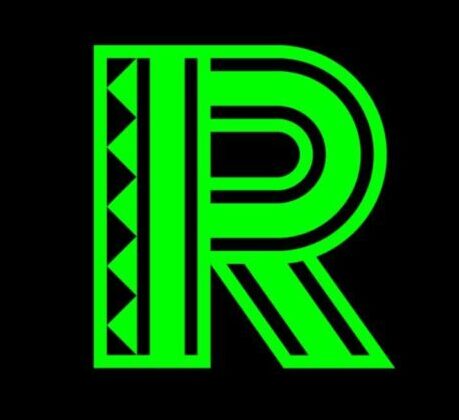- 13.7 Million acres of rainforests monitored in collaboration with Indigenous-led programs
- 200+ Indigenous and Local Communities served in the Amazon and Central America
- 4.5 Million acres of traditional lands in Guyana protected with conservation plans
Supported Indigenous Communities Prove Land Ownership to Protect More Than 105,000 Acres of Rainforest
Our Indigenous partners are unable to protect their territory from the devastating impacts of illegal logging and mining activities without legal land ownership. Studies have shown that Indigenous peoples who hold title to their lands are the most effective guardians and stewards of the forest—titled lands show a 66% decrease in deforestation important in the fight to slow climate change.
The Gamboa community in Peru—a part of our Rainforest Alert program—received 17 land titles in record time through a low cost, high impact model developed in partnership with Rainforest Foundation US (RFUS) and the Interethnic Association for the Development of the Peruvian Rainforest (AIDESEP). 20 more are in progress for a total of 37 land titles. With our support, communities received the titles in 10 months, a process that normally takes 10 years. And for the first time, Indigenous partners had a seat at the table during these important negotiations.
This bottom up approach is one that AIDESEP—in partnership with RFUS—hopes to repeat in communities throughout the Peruvian Amazon.
Advanced Rainforest Monitoring and Protection through Tech Camps
RFUS organized two “Tech Camps” with our partners to share knowledge and provide training to advance forest monitoring, an important part of our Indigenous partners’ work in protecting rainforests. Seventy participants, including Indigenous partners from the Amazon Basin, US organizations, government officials, and academics came together to discuss successful projects from their respective geographies and showcase four new technologies that can be used by Indigenous partners to protect their rainforests.
Two of the technologies featured were especially exciting:
- The World Forest ID sampling system is a technology through which tree samples are entered into the World Forest ID catalog to help trace the origin of wood through DNA and chemical analysis.
- The Mapbuilder tool is a powerful software that allows Indigenous communities to turn their spatial data and imagery into an immersive story with interactive maps.
Both technologies will allow our Indigenous partners to improve monitoring and protection of their lands and forests.
Provided Legal Training for Indigenous Communities’ Defense and Advocacy
With strategic guidance and financial support from RFUS, our partners at the South Rupununi District Council in southwestern Guyana launched a pilot program to train a team of 10 community paralegals. These Indigenous paralegals—experts in the local context and culture—serve as grassroots legal advocates who know, use, and shape the law to defend their rights. These paralegals fill a vital role in providing legal access to Indigenous communities in remote regions whose interests are often most impacted by decisions made by government officials, but who aren’t often consulted in the decision making process. Specifically, the 10 trained paralegals rotate through 21 communities to build community capacity on legal issues, including the Amerindian Act law reform and community engagement on carbon markets.








